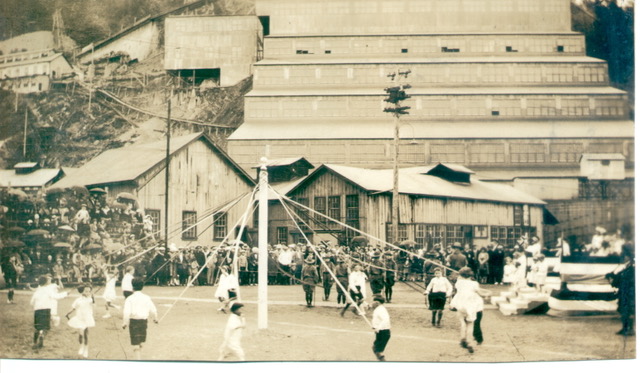Mining
Tuesday, June 21st, 2022 3:33 pm EDT

Since development commenced in April 2019, more than 14 million work hours have culminated in the delivery of Rio Tinto’s 17th and most technologically advanced iron ore mine in the Pilbara. Rio estimates that development of the mine supported more than 3,000 jobs during the construction and design phase, with the operation requiring around 600 permanent roles.
Gudai-Darri features an unprecedented deployment of technology, including the use of robotics for the ore sampling laboratory, as well as for distribution of parts in the new workshop.
From autonomous trucks, trains and drills to a full digital replica of the processing plant which allows teams to monitor and respond to data collected from the plant, the same digital asset data is used to provide an interactive 3D environment for virtual reality training. These autonomous assets are monitored remotely from Rio Tinto’s operations centre 1,500 km away in Perth.
With an expected life of more than 40 years and an annual capacity of 43 million tonnes, Gudai-Darri will underpin future production of Rio Tinto’s Pilbara Blend product, the miner said. It is expected to increase iron ore production volumes and improve product mix from the Pilbara from the second half of this year. The mine is expected to reach capacity in 2023.
“Gudai-Darri represents a step-change in the deployment of automation and technology within our iron ore business and a fantastic demonstration of the talent, ingenuity and capability that exists in Western Australia, a region which is now known globally for its technical excellence and innovation,” Rio Tinto Iron ore chief executive Simon Trott said in a statement.
“Gudai-Darri’s combination of data and analytics, machine learning and automation, will make this mine safer and more productive,” Trott said. “Gudai-Darri is our first greenfield mine in the Pilbara in more than a decade and a multi-billion-dollar investment in the state of Western Australia that will operate for decades to come.”
This post has been syndicated from a third-party source. View the original article here.




